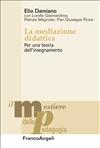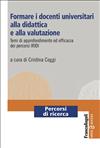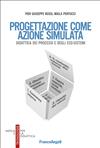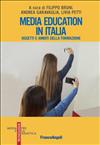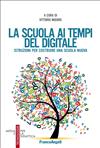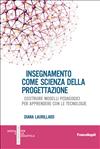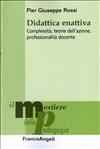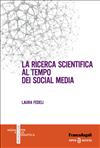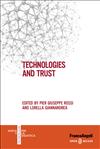
The current socio-cultural context calls for a rethinking of teaching and assessment practices to turn assessment into a continuous and pervasive process that takes into account not only the final outcome but also the processes and reflections that led the student to achieve that result, with a view to continuous improvement. The main shift from the past is achieved with the adoption of the ‘assessment as learning’ paradigm, in which the student becomes an active player in the assessment and meta-reflection processes. Assessment is no longer perceived as a mere bureaucratic fulfillment of the teacher, but as a shared tool between students and teachers to build the learning path together, co-define goals, and make explicit expectations and critical issues. The design of authentic, open-ended, challenging tasks and the co-design and sharing of assessment rubrics, useful not only to ensure objectivity but also to guide the student in carrying out the task and implementing self-assessment, gains centrality. This paper describes a research-training pathway on assessment, conducted in 2022 and aimed at primary and secondary school teachers in the Marche Region, in Italy. The experience allowed teachers to approach the assessment as learning processes and to practice them in their own classrooms. The analysis of the data, collected through quantitative and qualitative tools and related to lower secondary school teachers, shows an increased focus on student activation in assessment dynamics and an increased awareness of the relevance of self-assessment processes. We also gained valuable feedback useful in guiding future research perspectives to improve the proposal’s sustainability.
